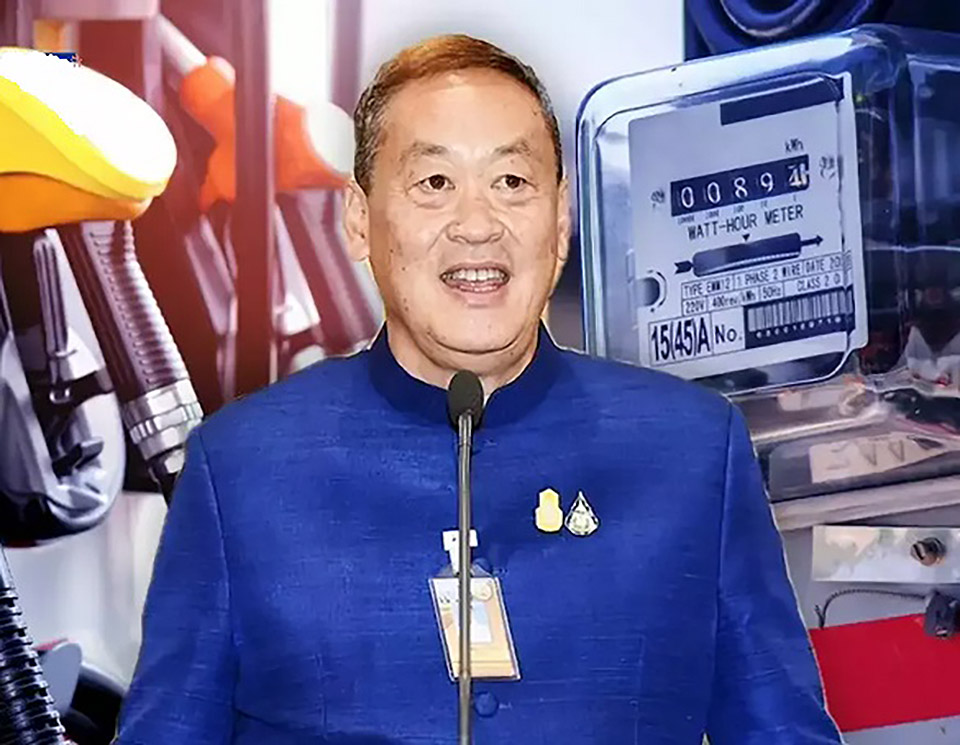
The government’s decision to reduce electricity and diesel prices has been welcomed by businesses and employees, as the reduction alleviates living costs and financial expenses.
The cabinet has approved a reduction in power tariff to 4.104 baht per kilowatt-hour (unit) and putting a cap on diesel price at 30 baht per liter after Prime Minister Srettha Thavisin announced the government’s policy statement on September 13. The new tariff rate will be in place until December of this year, while the new retail price of diesel will go into effect on September 20.
Supporting the move, the Employers’ Confederation of Thai Trade and Industry (EconThai) said the fuel price cap will help businesses save expenses on transportation, which in turn maintains stable product prices for consumers. The group also advises the government to assess the effect it could have on the state budget to ensure that it would not lead to new financial issues that will impact people in the future.
Meanwhile, Bangkok Bank President Chartsiri Sophonpanich stated that the new government’s economic policies will help revitalize the economy, contribute to economic growth, and sustainably strengthen the country’s competitiveness.
Echoing Chartsiri’s sentiment, Somprawin Manprasert, chief economist at Siam Commercial Bank’s Economic Intelligence Center (EIC), stated that the government’s stimulus plans could boost GDP growth by more than 5% by 2024, but cautioned that this short-term growth must be weighed against the long-term fiscal burden. He, nonetheless, advised the cabinet to explore other options to assist economic recovery while keeping a close watch on global uncertainties. (NNT)






